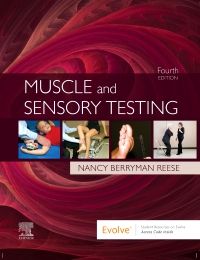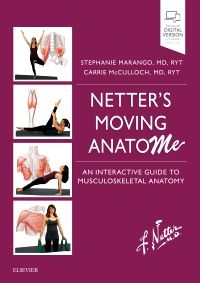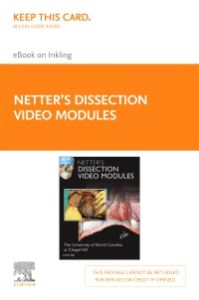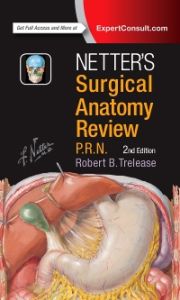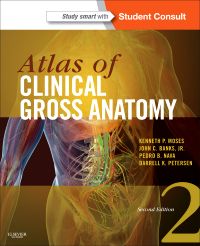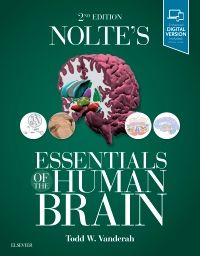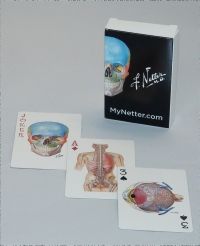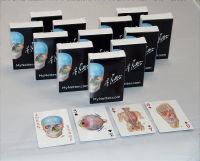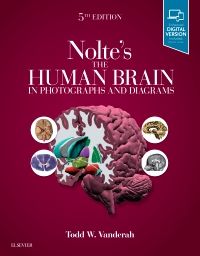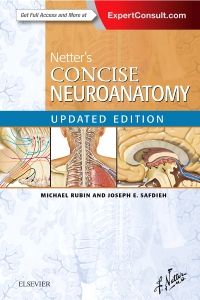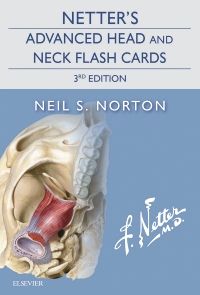Muscle and Sensory Testing, 4th Edition
Mastering the art of manual muscle and sensory testing is the first step on your path to becoming a physical therapist (PT). This easy-to-follow, logically organized resource includes an overview of muscle strength assessment and precise anatomic testing techniques for upper extremities, lower extremities, and head, neck, and trunk; functional muscle tests; tests for mental status, cranial nerves, and superficial reflexes; and use of observational gait analysis as a screening tool.
Photographs of testing procedures, line drawings of various innervations, and video clips showing manual muscle testing procedures augment your understanding of this important skill area.
Mastering the art of manual muscle and sensory testing is the first step on your path to becoming a physical therapist (PT). This easy-to-follow, logically organized resource includes an overview of muscle strength assessment and precise anatomic testing techniques for upper extremities, lower extremities, and head, neck, and trunk; functional muscle tests; tests for mental status, cranial nerves, and superficial reflexes; and use of observational gait analysis as a screening tool.
Photographs of testing procedures, line drawings of various innervations, and video clips showing manual muscle testing procedures augment your understanding of this important skill area.
New to this edition
- NEW! Techniques of Functional Muscle Testing chapter includes completely revised content to give you a strong foundation of testing techniques.
- UPDATED! Expanded clinical notes and case vignettes challenge you to apply your knowledge to real-world situations and think creatively about clinical problems.
- UPDATED! Consistent chapter layout by joint and muscle system allows you to easily locate important information.
- UPDATED! References throughout the book enable you to quickly find the most up-to-date sources on specific topics.
- UNIQUE! 185 Video clips on the companion Evolve website reinforce your understanding of key techniques, such as muscle tests, handheld dynamometry, pediatric handheld dynamometry, sensory and neurologic testing, proper patient and clinician positioning, and force application.
Key Features
- Photographs and illustrations demonstrate various techniques to help you better understand positioning, stabilization, and common substitutions.
- Chapters follow a logical progression from muscle testing to sensory testing to gait assessment, making the learning process clear.
- Chapters on dynamometry, sensory examination, neurologic examination, and gait provide you with additional need-to-know information on these key topics.
Author Information




